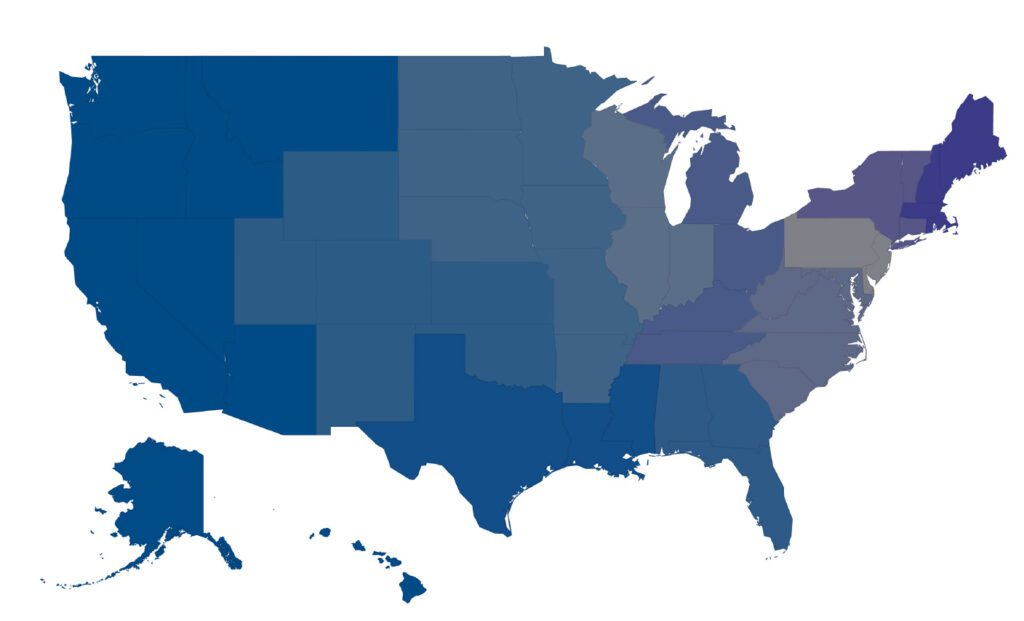New Mexico Statutes
39-3-22. Supersedeas and Stay in Civil Actions.
“A. There shall be no supersedeas or stay of execution upon any final judgment or decision of the district court in any civil action in which an appeal has been taken or a writ of error sued out unless the appellant or plaintiff in error, or some responsible person for the appellant or plaintiff in error, within sixty days from the entry of the judgment or decision, executes a bond to the adverse party in double the amount of the judgment complained of, with sufficient sureties, and approved by the clerk of the district court in case of appeals or by the clerk of the supreme court in case of writ of error. The bond shall be conditioned for the payment of the judgment and all costs that may be finally adjudged against the appellant or plaintiff in error if the appeal or writ of error is dismissed or the judgment or decision of the district court is affirmed. The district court, for good cause shown, may grant the appellant not to exceed thirty days’ additional time within which to file the bond, and a like extension of time may be granted by the supreme court in cases of writs of error upon a like showing.
B. If the decision appealed from, or from which a writ of error is sued out, is for a recovery other than a fixed amount of money, the amount of the bond, if any, shall be fixed by the district court if an appeal is taken or,[…]
C. In any civil action involving a signatory, a successor of a signatory or any affiliate of a signatory to the master settlement agreement, as defined in Subsection E of Section 6-4-12 NMSA 1978, the supersedeas bond required of all appellants collectively in order to stay the execution of a judgment during the entire course of appellate review shall not exceed one hundred million dollars ($100,000,000), regardless of the amount of the judgment.[…]”

**In Federal cases the bond requirement is governed by Federal Rule of Civil Procedure “62(b) Stay by Bond or Other Security. At any time after judgment is entered, a party may obtain a stay by providing a bond or other security. The stay takes effect when the court approves the bond or other security and remains in effect for the time specified in the bond or other security.”**
The information contained on our site is for general information purposes, and you should consult with your attorney for the most up to date civil code or local rule that applies to your case.
Choose the State...
Experience the CSBA Difference today
Expert Guidance • First-Class Service • More Options








